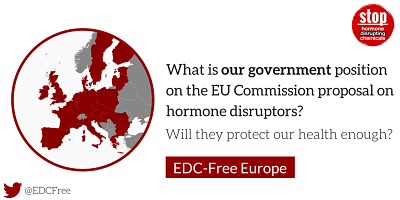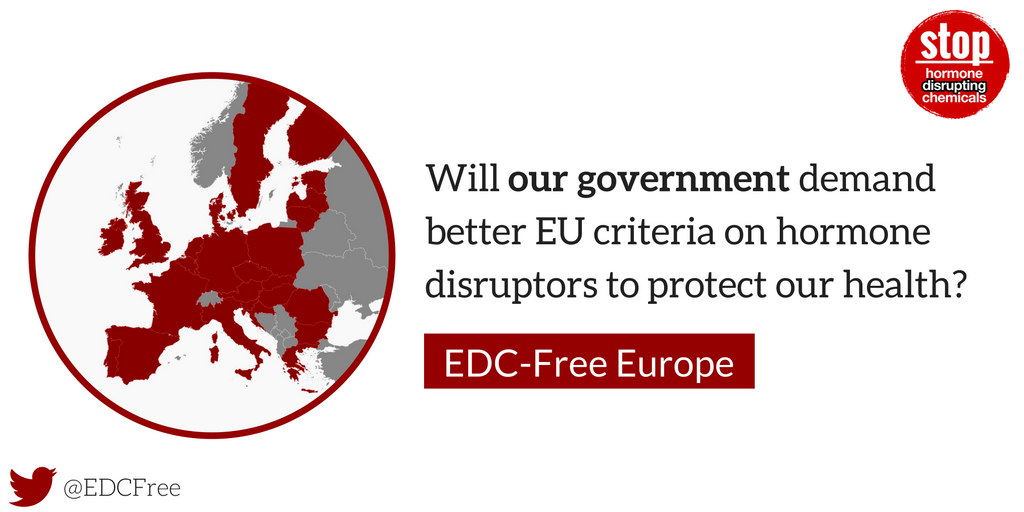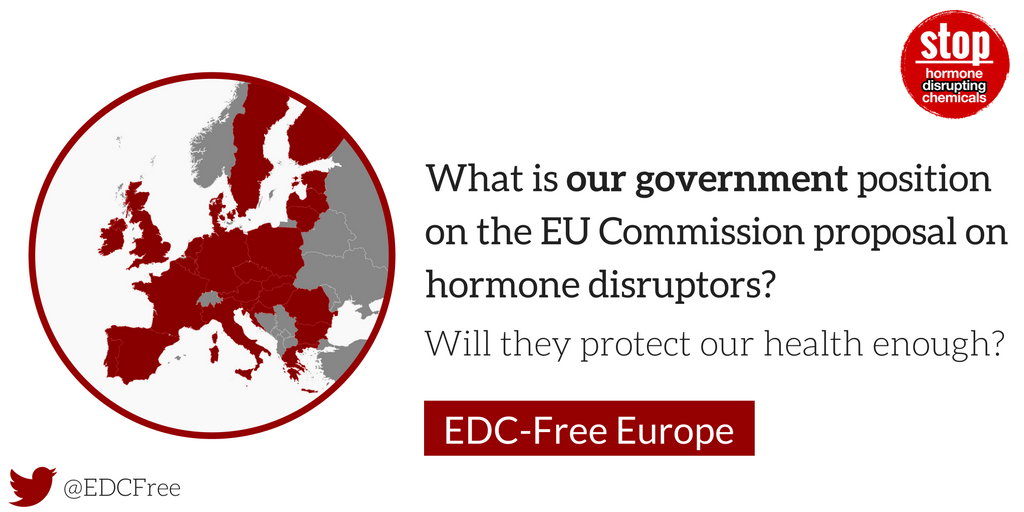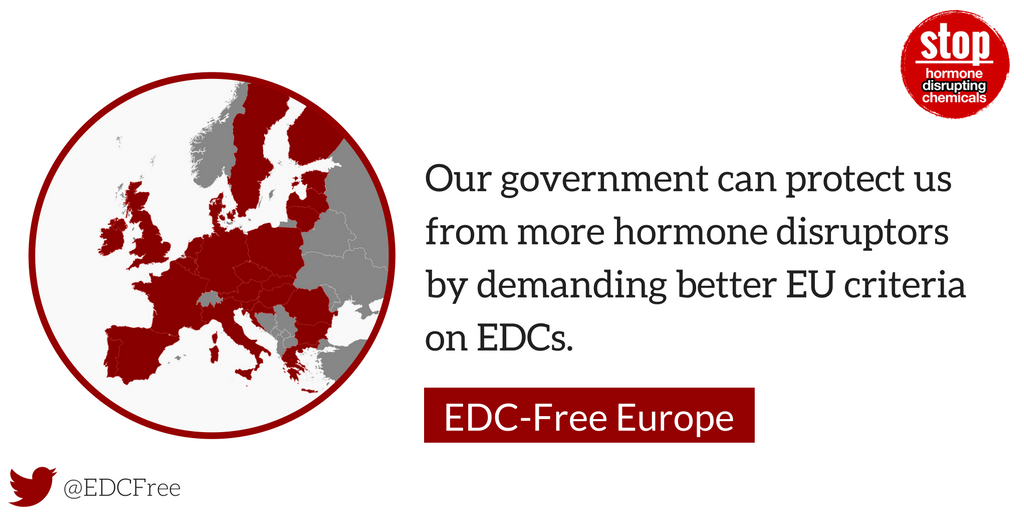On the 15 June, the European Commission finally released its proposal for criteria to identify hormone disrupting chemicals (also known as endocrine disrupting chemicals or EDCs) for the EU biocides and pesticides laws. It then held meetings with member states and with stakeholders to explain the proposals, and conducted 2 parallel public consultations on these proposed EDC Criteria in July.

Experts and official representatives of the 28 member states met on 21 September (separately a biocides expert group and the Pesticides Standing Committee) in Brussels to discuss the proposed criteria. The country representatives in the Pesticides Standing Committee will vote on the proposals in a future Committee meeting. Under the biocides law, no vote is required on the biocides proposal.
To date, the proposals have been widely criticised by scientific and medical professionals. The Endocrine Society noted that the overly strict [draft] criteria would result in very few EDCs being identified and regulated, at a high cost to the public’s health [1]. Leading EDC researchers have criticised both the high burden of proof required to identify an EDC, and the «confused set of processes for identifying, evaluating and integrating scientific evidence which unnecessarily privilege certain types of data, and cannot be adequately operationalised for regulatory identification of EDCs» [2].
If the Pesticides Committee approves the final proposal, which the Commission may still change as a result of the discussions before the vote, the approved proposal then proceeds to Parliament and Council, who have 3 months to decide if they want to reject the proposal.
Our verdict on Commission proposal
Despite a delay of nearly three years, the Commission’s June proposal still fails to satisfy, both in terms of the scientific content and parameters, and in terms of protecting the health of humans, wildlife and the environment. When the criteria proposal was released in June, the EDC-Free Europe Coalition expressed its astonishment, strongly condemning the proposal.
For these reasons, the EDC-Free Europe Coalition urges all national governments to reject the proposal as it currently stands and insists on major changes to ensure that the EDCs to which we are exposed will be identified as such and therefore be prohibited from use as the laws intended, in order protect our health.
Want to know what you can do?
Use our infographics and tell your governments to demand better criteria for better health protection!



[1] https://www.endocrine.org/news-room/current-press-releases/european-commissions-overreaching-decision-fails-to-protect-public-health; http://www.thelancet.com/journals/landia/article/PIIS2213-8587(16)30121-8/abstract
